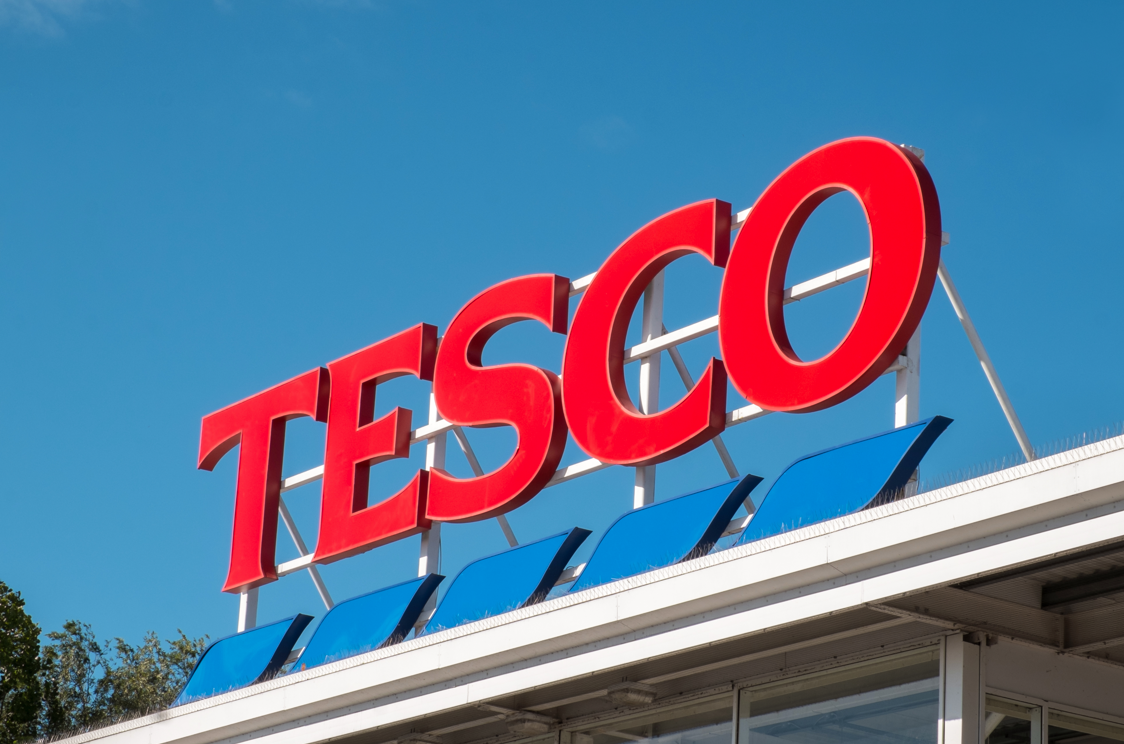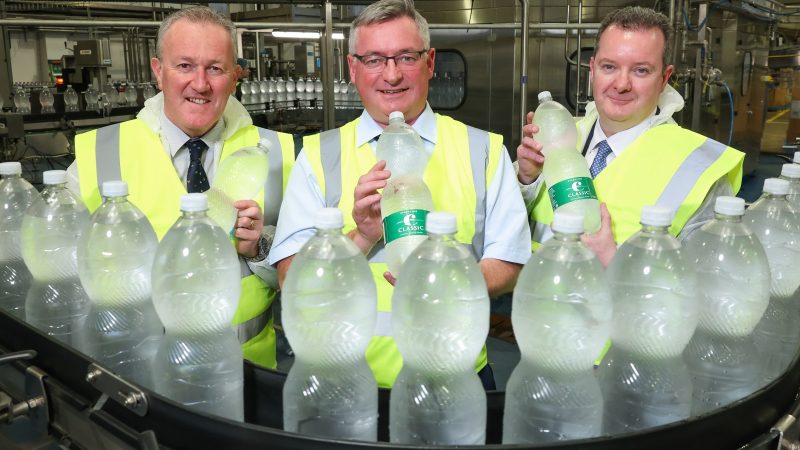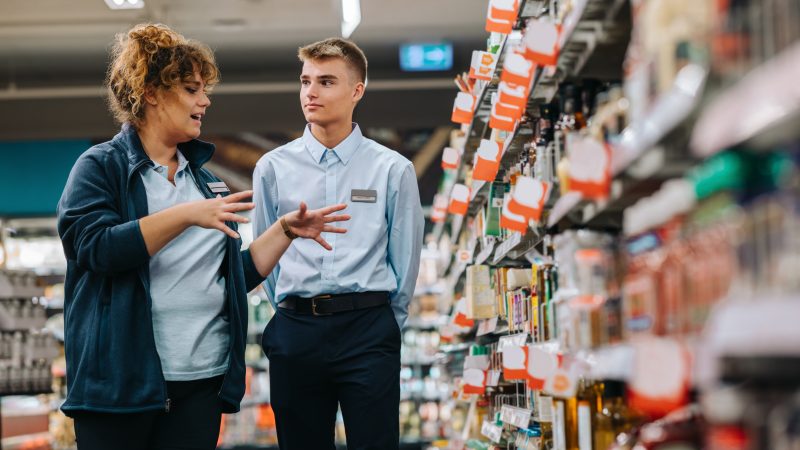Pessimism weighing on Britain’s households has hit unprecedented levels, as wages struggle to keep pace with inflation that reached 9% in April and is heading for double digits.
Food inflation in the UK is predicted to hit 15% this summer.
“We are seeing higher frequency shopping trips, so there’s an elevation in the number of shopping trips, we are seeing basket sizes coming down a little bit,” Tesco chief executive Ken Murphy said after Tesco reported a fall in underlying UK sales in its latest quarter.
Britain’s biggest retailer, which has an over 27% share of the UK’s grocery market, said it was also seeing early signs of customers opting for cheaper products in areas of significant inflation.
“Those staples like pasta, bread and beans is where we’re seeing customers choose to trade down to the entry level or the core own brand level product,” the Tesco CEO said.
He highlighted Tesco’s convenience store business as trading well in the crisis.
Tesco said that sales at its Irish stores for the quarter came in at £612m, a fall of 2.4% on the same time last year but up 10.1% compared to the same time in pre-Covid 2019.
Tesco and Sainsbury’s have previously warned of a hit to profits this year as they plough cash into keeping prices down to deter customers from switching to German-owned discounters Aldi and Lidl.
Tesco maintained its full-year profit guidance despite reporting a 1.5% drop in underlying UK sales over its first quarter to May 28, broadly in line with analysts’ forecasts. They had fallen 1.2% in the previous quarter.
CEO Murphy vowed to work with suppliers to mitigate the impact of inflation as much as possible and support customers who are facing the most difficult economic conditions in decades.
The Bank of England stuck to its gradual increases in interest rates yesterday but said it was ready to act “forcefully” if needed to stamp out dangers posed by inflation it now sees topping 11%.
A raft of industry data shows that consumers are cutting spending by cancelling music and TV subscriptions, removing more expensive meat and fish from the shopping list and making fewer car journeys in response to the rising cost of petrol.








